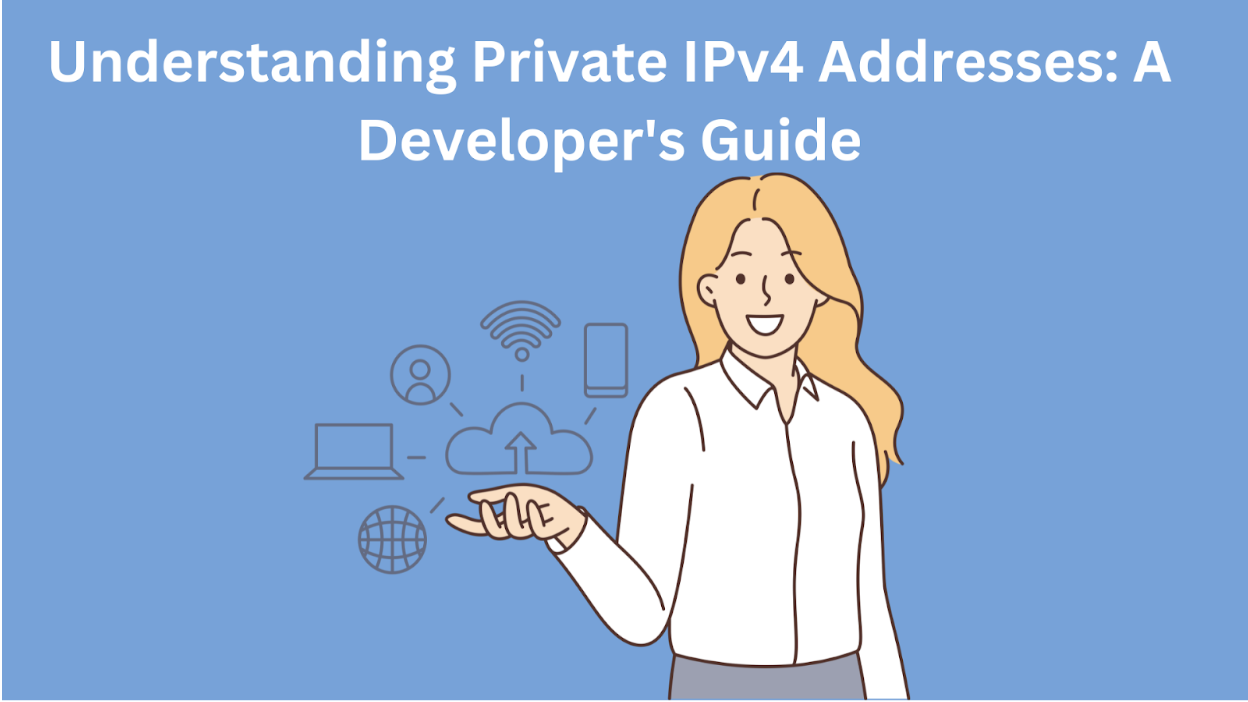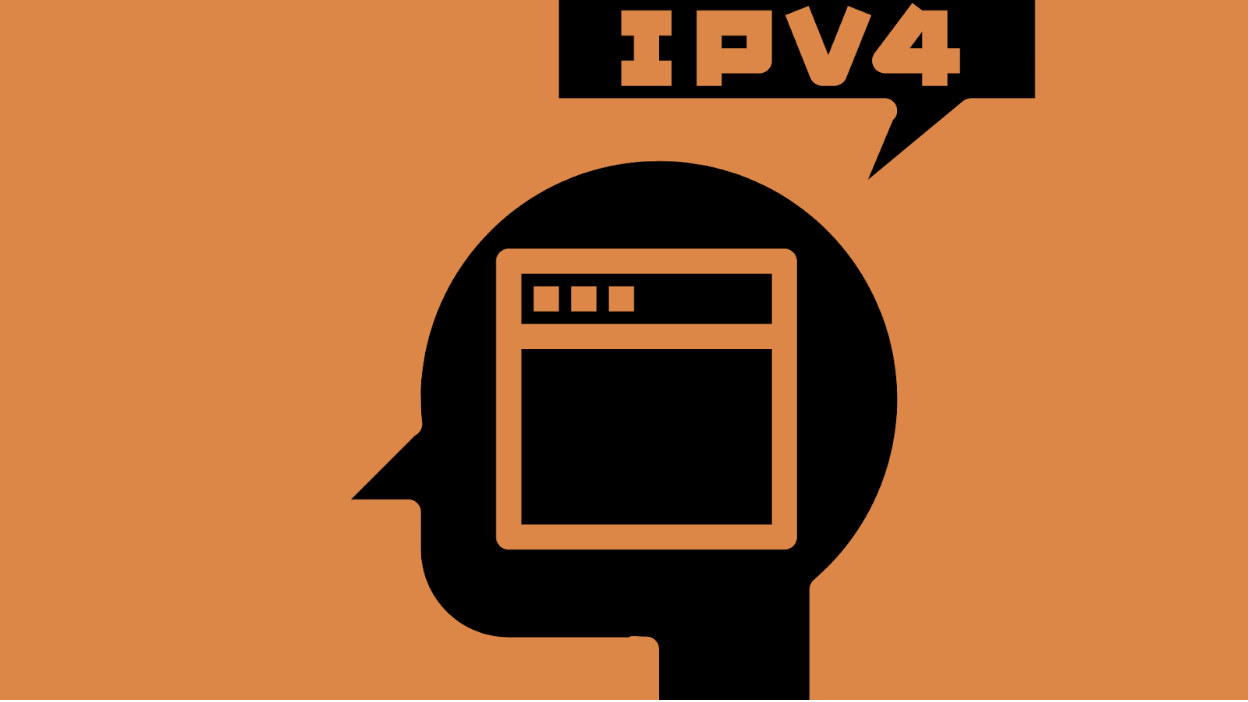IP addresses are essential for devices to communicate over the internet. IPv4, the fourth version of the Internet Protocol, uses a 32-bit address scheme, allowing for a total of 2^32 addresses. However, not all these addresses are available for public use. Some are reserved for private networks, which are not directly accessible from the internet. In this post, we'll delve into private IPv4 addresses, their importance, and how they are used in development.

What are Private IPv4 Addresses?
Private IPv4 addresses are a range of IP addresses designated for private networks. These addresses are not routable on the public internet and are used for internal networks within organizations or homes.
Why are Private IPv4 Addresses Important for Developers?
Private IPv4 addresses play a crucial role in network architecture for developers. They allow for the creating of isolated networks for testing, development, and internal communication without exposing them to the Internet. This is particularly important for security reasons, as it helps protect sensitive data and resources from unauthorized access. How are Private IPv4 Addresses Used in Development?
In development, private IPv4 addresses are used in various ways:
1. Local Development Servers
Developers often use private IP addresses to host local development servers for testing applications before deploying them to production environments.
2. Internal Communication
Private IP addresses are used for communication between servers, services, and devices within a local network, enabling them to exchange data securely.
3. Virtual Private Networks (VPNs)
Private IP addresses are assigned to devices connected to a VPN, allowing them to access resources on the private network securely over the internet.
4. Containerized Environments
In containerized environments like Docker, private IPv4 addresses are used to assign unique addresses to containers within the same host, enabling them to communicate with each other.

FAQs
1. Can private IPv4 addresses be accessed from the internet?
Private IPv4 addresses are not routable on the public internet. They can only be accessed within the private network they are assigned to.
2. Can I use private IPv4 addresses in a public-facing application?
Public-facing applications should use public IPv4 addresses to ensure they are accessible online.
3. Can I change the private IPv4 address range of my network?
You can change your network's private IPv4 address range, but it requires reconfiguring all devices and services within the network to use the new range.
4. Are there any limitations to using private IPv4 addresses?
One limitation is the limited address space, which can cause issues in large networks. Network Address Translation (NAT) often mitigates this limitation by allowing multiple devices to share a public IP address.
5. Are private IPv4 addresses used in IPv6 networks?
IPv6 networks use different address spaces, and the concept of private addresses differs in IPv6.